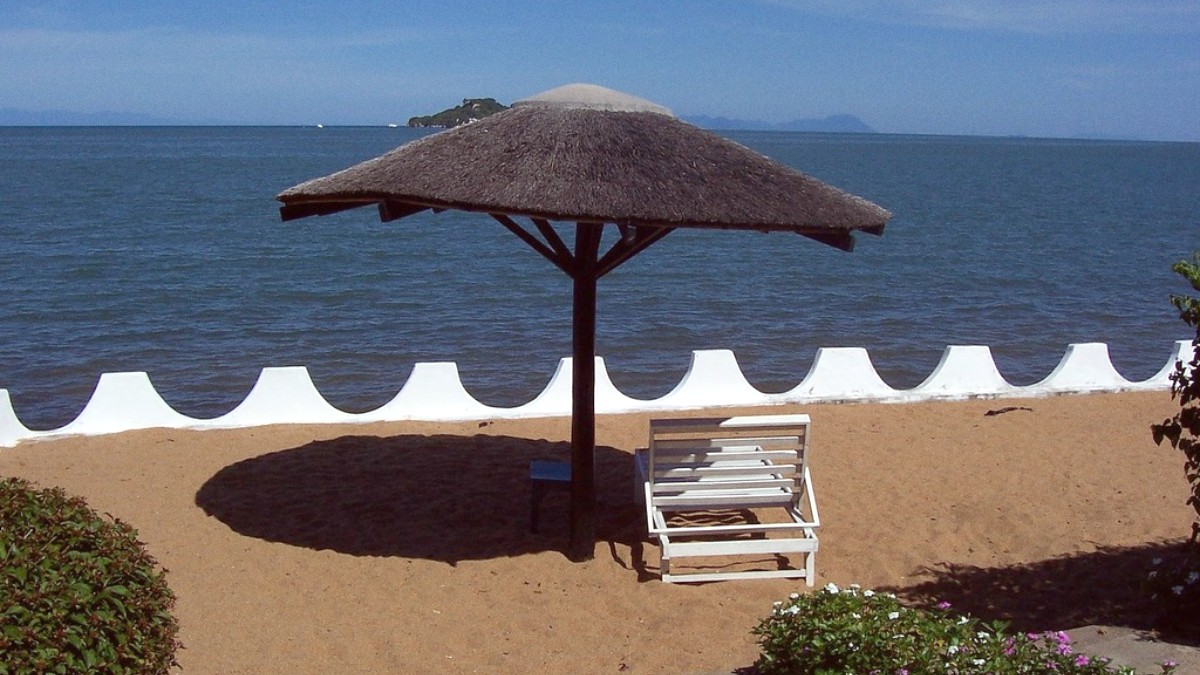
Malawi
This period is cooler and drier. Lightweight, breathable clothing like cotton and linen works well for daytime. Nights, especially from June to August, feel cool. Pack layers.
This period is warmer and wetter. Lightweight, quick-drying clothing is suitable. Synthetic fabrics wick moisture away. Expect sudden downpours, so rain gear is helpful.
Comfortable walking sandals or flip-flops ideal for lakeside and beaches.
Closed-toe shoes or Light hiking shoes for village walks, light treks, or uneven terrain.
Power supply and connectivity show inconsistency. The standard voltage is 230V, 50Hz. Malawi uses Type G (British 3-pin) or Type D (Indian 3-pin) plugs. Power outages are common. Bring an unlocked GSM-compatible mobile phone.
Capture Lake Malawi's beauty. A Waterproof camera (GoPro B&H Photo) for underwater views. Power outages mean portable chargers are a must.
Use cloud storage for photos and documents. An External hard drive offers physical backup.
Download offline maps (Google Maps) and an Offline translation app (Google Translate Chichewa). WhatsApp is widely used for messaging.
Consider Airalo for eSIM connectivity and easy data access upon arrival.
A well-stocked personal health kit is important, especially where specific items are hard to find. Carry sufficient prescription medications in original packaging, with a doctor's note.
Insect repellent and sun protection are non-negotiable. Specific brands of toiletries or contact lens solution may be difficult to find locally.
Bringing your own Mask, snorkel, and fins provides a better fit and hygiene. Gear is often available for rent.
For walks and treks, a lightweight daypack keeps your essentials handy. Staying hydrated on trails is very important.
If camping, bring your own sleeping bag and tent. Some lodges offer rentals. Kayaks and paddleboards are typically available for rent.
These items offer comfort and security during your travels. A small padlock protects luggage or hostel lockers. A money belt or RFID-blocking wallet secures valuables. Plan for unexpected delays.
Contribute to responsible travel by minimizing plastic waste. Region-specific items enhance local interactions. Pack items difficult or expensive to purchase locally.
Minimize plastic waste.
Avoid single-use plastics.
For markets and purchases.
Eco-friendly power source.
Pack light, as movement between locations often uses local transport with limited space. A soft-sided bag or Travel backpack offers easier management than rigid luggage.
Roll clothes to save space and minimize wrinkles. Consider packing cubes for organization.